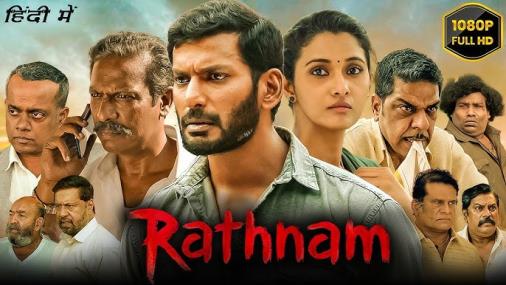Rathnam, a name synonymous with Indian cinema, has carved a niche for himself as a filmmaker who consistently delivers thought-provoking and emotionally resonant films. His ability to blend commercial appeal with artistic depth has made him a beloved figure among audiences and critics alike. This blog post will delve into the world of Rathnam’s movies, exploring his distinctive style, iconic characters, and the impact he has made on the Indian film industry.
Rathnam’s Cinematic Style
One of Rathnam’s most striking characteristics is his ability to seamlessly blend genres, creating films that are both entertaining and thought-provoking. His movies often explore complex social issues, but he does so in a way that is accessible to a wide audience. Rathnam’s films are known for their strong narratives, compelling characters, and visually stunning cinematography.
Iconic Characters
Rathnam has created a gallery of unforgettable characters that have become synonymous with his films. His protagonists are often flawed individuals who struggle with personal demons and societal pressures. From the rebellious Anjali in “Anjali” to the conflicted Karthik in “Nayakudu,” Rathnam’s characters are relatable and resonate with audiences on a deep emotional level.
Themes and Motifs
Rathnam’s films often explore recurring themes and motifs that reflect his deep understanding of human nature. Love, loss, identity, and social injustice are common themes that appear throughout his filmography. Rathnam’s ability to explore these themes with subtlety and nuance has made his movies both intellectually stimulating and emotionally satisfying.
Cultural Impact
Rathnam’s films have had a significant cultural impact on India. His movies have challenged societal norms and sparked important conversations about issues such as caste, class, and gender. Rathnam’s ability to blend entertainment with social commentary has made him a respected voice in the Indian film industry.
Notable Rathnam Films
Rathnam’s filmography is filled with critically acclaimed and commercially successful films.
- Anjali (1990): A heartwarming tale of a young girl who brings joy to a dysfunctional family.
- Nayakudu (1993): A political thriller that explores the corruption and power struggles within the Indian government.
- Iruvar (1997): A historical drama that fictionalizes the lives of two influential political figures in Tamil Nadu.
- Dil Se.. (1998): A romantic thriller that explores the complexities of love and terrorism.
- Swades (2004): A patriotic drama that examines the issue of brain drain and the importance of giving back to one’s homeland.
Rathnam’s Legacy
Rathnam’s legacy as a filmmaker is secure. His movies have entertained and inspired audiences for generations. His ability to blend commercial appeal with artistic depth has made him a role model for aspiring filmmakers. Rathnam’s contributions to Indian cinema will continue to be celebrated for years to come.
Conclusion
Rathnam’s films are a testament to his unique vision and his ability to tell compelling stories. His movies have not only entertained audiences but have also sparked important conversations about social issues. Rathnam’s legacy as a filmmaker will continue to inspire and influence future generations.
FAQs
- What is Rathnam’s most popular film?
- Rathnam’s most popular film is “Dil Se..,” a romantic thriller that explores the complexities of love and terrorism.
- What is Rathnam’s most critically acclaimed film?
- Rathnam’s most critically acclaimed film is “Iruvar,” a historical drama that fictionalizes the lives of two influential political figures in Tamil Nadu.
- What is Rathnam’s latest film?
- Rathnam’s latest film is “Chekka Chivantha Vaanam,” a crime thriller that explores the power struggles within a family.
- What is Rathnam’s signature style?
- Rathnam’s signature style is his ability to blend genres, create compelling characters, and explore complex social issues in a way that is accessible to a wide audience.
- What is Rathnam’s contribution to Indian cinema?
- Rathnam’s contribution to Indian cinema is his ability to tell thought-provoking stories that have entertained and inspired audiences for generations. His movies have challenged societal norms and sparked important conversations about issues such as caste, class, and gender.










